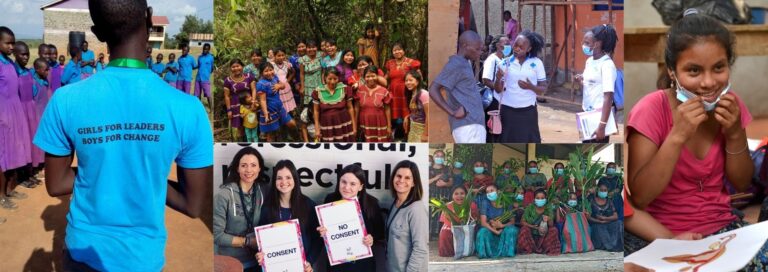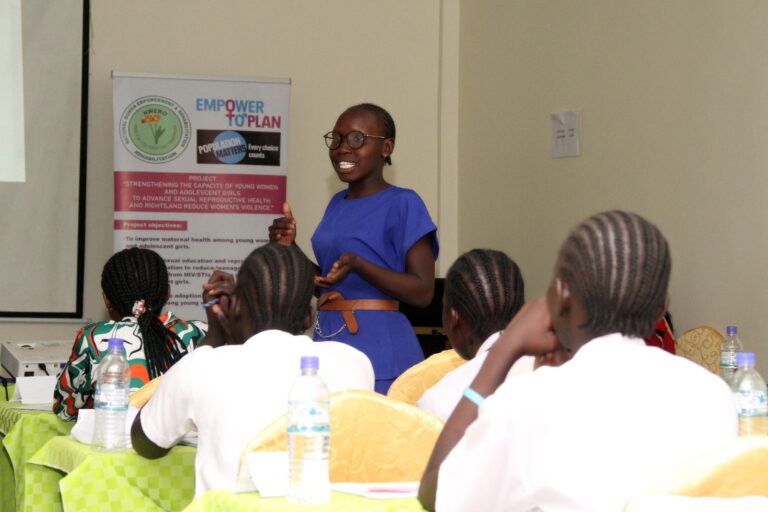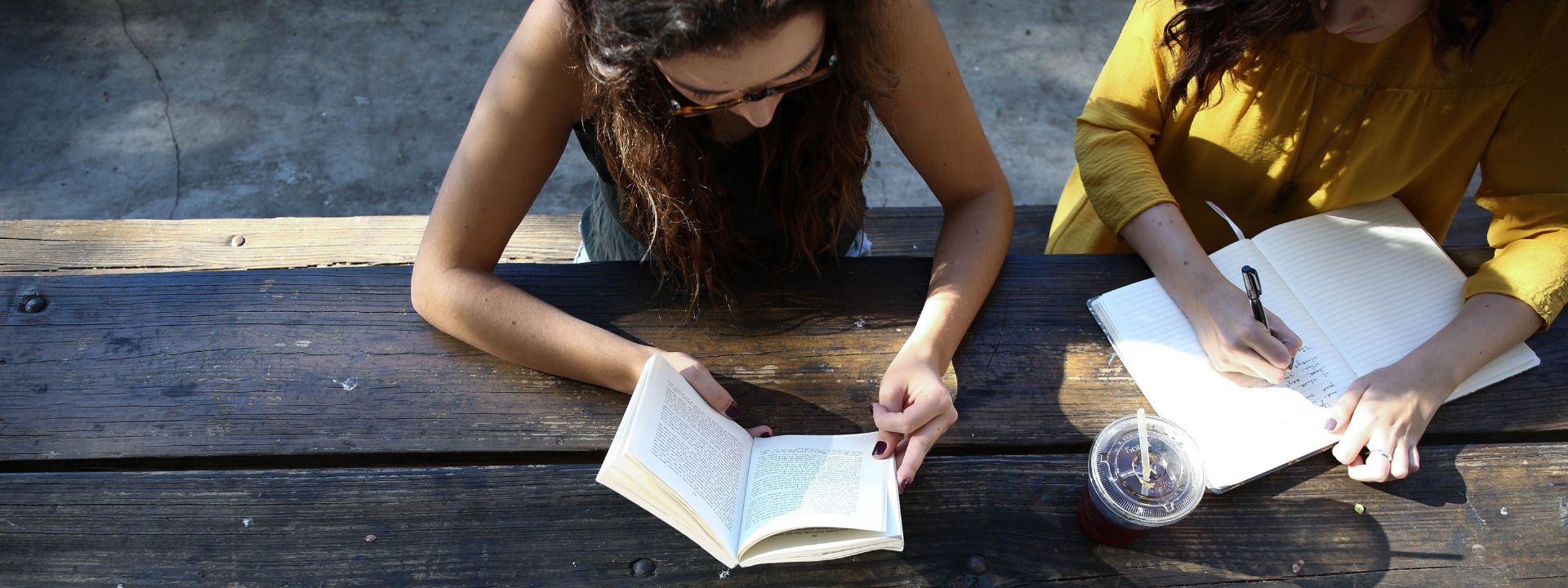
Relationships & Sex Education: Teach Everyone Every Aspect
The theme of this year’s UK Sexual Health Week is relationships and sex education. In this guest blog post, Dr. Rebecca Foljambe, founder of RSE charity and Empower to Plan partner You Before Two, reflects on a discussion with some of her young students.
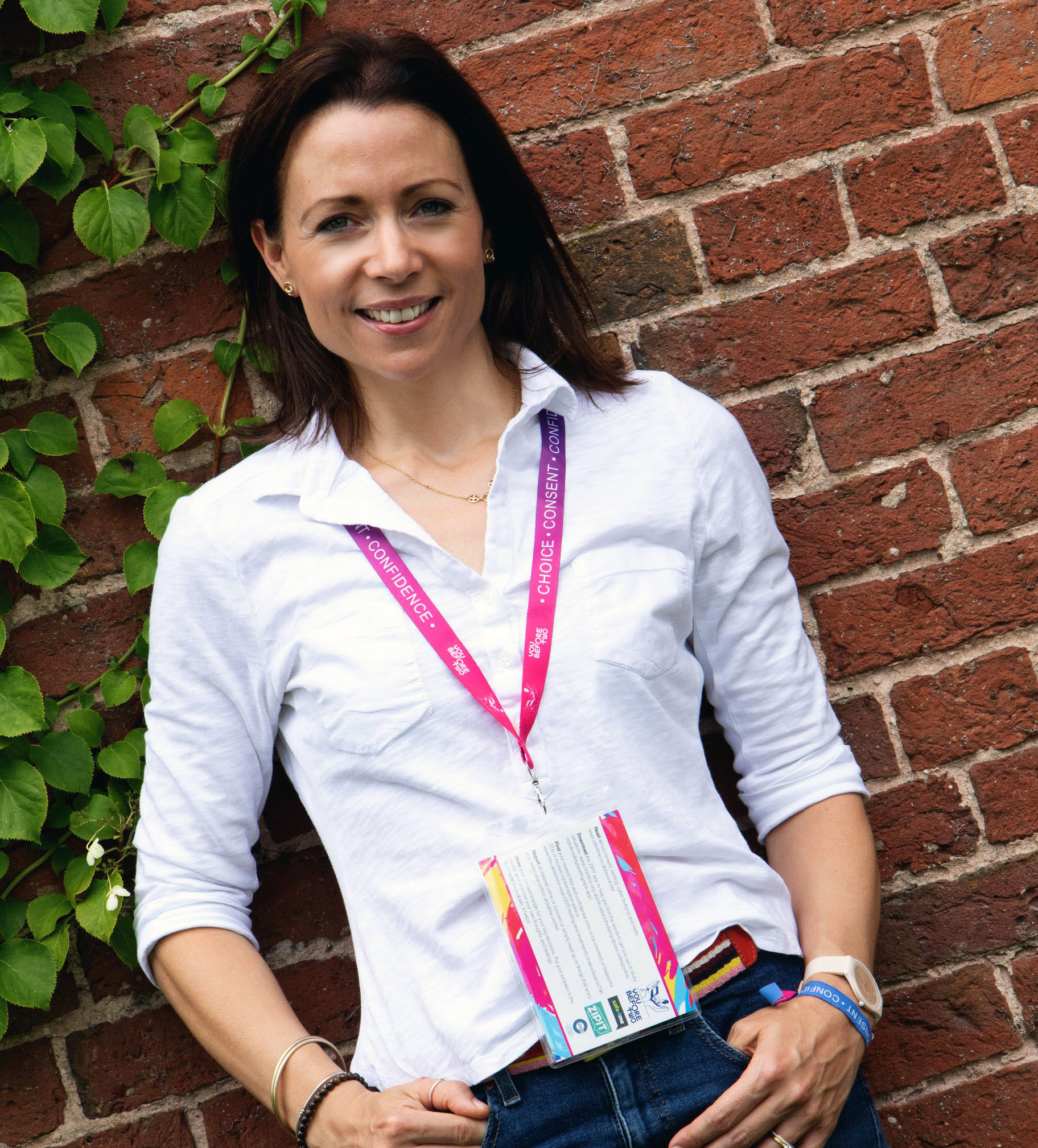
In 2017 following a period of two years going into a local school once a week to help run a ‘Girls’ Group’ programme, I wanted to create a wider audience and understanding of the teaching I’d realised was so badly needed. This is especially the case in deprived areas of the UK like the one I live and work in, in the Nottinghamshire region, where teenage pregnancy rates remain relatively high, alongside high rates of fuel poverty, childhood obesity, and a general lower wellbeing in children than in more affluent parts of the UK. These less privileged children hit the double trouble of being relatively deprived of a good start, which leads to a string of poor choices and in the worst-case scenario a halted education and an early unplanned baby, often born into an unstable environment. The outcomes for both parent and child in this situation have often been shown to be poor.
However, young women who are educated and empowered in family planning (and in general) have been shown time and time again to have less children and to plan any pregnancies better according to their own choices and life plans. They also exhibit a higher sense of self-worth, which has been shown to create a general uplift in the wellbeing and safety of societies as a whole.
With all this in mind, I set up the charity You Before Two in March 2019, an organisation created to educate and empower young people on the importance of a good understanding of relationships and sex. It was not smooth sailing! Death by paperwork at every turn and then the issue of ‘getting in’ to schools, which even as a law-abiding GP has not always been easy. (And quite rightly so). UK schools are under increased scrutiny and pressure to illustrate their academic prowess through grades and league tables. The ‘front of house’ to every school has never looked more polished. Appearance is everything. (I do not approve of this).
There is little wonder that subjects like RSE (Relationships and Sex Education) have been confined to those taking Human Biology or similar subjects, or to teachers with a particular passion or confidence to teach a bit of it in PSHE lessons. (However, there is nothing more cringing than the classics teacher having a crack at it – apparently).
The PSHE Association has moved mountains to create a wealth of resources for children (and teachers) at every age and stage. Everything from relationships to sex to contraception to internet safety. Different schools have taken different sized bites out of the RSE education cake which has often meant a wild variation in the amount of teaching received by children up and down the country. As you can imagine, private schools have had more time and money to provide this education. I refer again to the ‘double trouble’ for those children most at risk of poor outcomes often being the least well educated in RSE. We were holding out for the new government RSE guidance, that was due to come into play in September 2020, meaning that every secondary school aged child would be required to learn this subject matter. But then covid-19 happened and for the moment, deadlines have been kicked into next year.

Talking recently to some students that took part in the You Before Two sexual consent workshop in 2018 aged 15, who are now aged 17, it smacked me between the eyes just how receptive these youngsters are and how silly we are to dance around them with content that we fear they might be ‘too young’ to appreciate. It is clearly always vital to make the teaching content appropriate to the age and developmental stage of a child, I know that and I’m a doctor by ‘trade’, not a teacher. But are we too slow on getting this information across? One of the students, Sophie told me that being “taught this stuff at secondary school is too late, it would have been better to have started it earlier.” And then went on to question why adults feel “it puts it into our heads to be a different sexuality” if it is taught in schools, which is frankly “ridiculous.” I felt my head shrink back into my neck.
Adults, are we listening?!
All agreed that this type of teaching should be compulsory. Katie went on to challenge why, to date, You Before Two have done mostly single sex sessions? I made a feeble attempt to explain that we had come to this conclusion because boys, in particular, seemed, thus far, to more openly express their views and participate more in a classroom without girls in it. Regan, our only boy in the session sided with Katie remarking that it “doesn’t matter on gender, some individuals are just more comfortable talking about this stuff than others.” And that “if we separate boys and girls we are asking for disparity.” Well, that’s me told!!!
Delving more deeply into this disparity issue we talked about the pressure placed on girls being unequal to that placed on boys when it comes to family planning. Nicole talked about it being “much more down to the woman and men often don’t want to wear contraception and that the man should be more willing to if he doesn’t want children.” Katie agreed:
Women have more responsibility contraceptive wise. I feel I have to know more about it than a man.
Katie, 17
What did Regan think of this? Well, he agreed. There was “much more pressure on women in these situations…I don’t think this is discussed enough.” Eloise went further to say that she felt there is also “too much focus on straight couples and not on the risk of STDs in same-sex-sex.”
This topic of the ‘norm’ led us to the ultimate question in the room. The ‘norm’ of a woman being expected to reproduce. I asked each in turn what their pre-baby contemplations would consist of. Balanced and considered replies emerged about “being with the right person,” “money and a settled career,” and an equally sensible reply from Regan who stated “honestly, it was not something he’d thought about” as he had “other focusses right now.” It is not catastrophising to envisage the unmitigated stress and pressure that an unplanned child would heap upon children of this age. It is hard to believe they are still children. But. They. Are.
With unplanned and unwanted pregnancies occurring each second across the world (it is estimated that these pregnancies constitute up to ½ of ALL pregnancies), and the planet already scientifically proven to be using 70% more resources than it can afford to, why are we all so squeamish about talking to children about the bigger picture?
We watched the Population Matters Smaller Families video together. I asked Sophie, Eloise, Nicole, Regan and Katie what they thought. Was it too much? Did it strike fear into them or worse, coerce or swerve them away from having children?
“No.” Eloise said. “If you have kids you need to think about others. It starts a chain of events.”
“I don’t think people take it the wrong way,” Katie remarked. “I don’t think it is telling people not to have kids.”
Regan interjected “yeah, it’s just planting the seed.”
Asking about whether they felt shocked, Nicole felt “no, it didn’t really shock me, I’ve always known the larger population is a strain on our environment and our country.”
So how do we get this right? With the little time we have and all the pressures upon us. How is it best to teach this subject in a full and meaningful way? Katie had this covered:
These facts and figures (environmental and population) should be taught alongside sex education and made compulsory. Teach everyone, every aspect.
Katie, 17
I could barely contain my enthusiasm hearing these students ‘get this’ to such an extent. I almost sensed the same irritation in them that I had felt in 2009 when I was first introduced to Population Matters by Professor John Guillebaud. I felt cheated and incredulous at the time that I was hearing facts such as the population is increasing by 1 million every 4 days and that 232 million women across the globe currently do not have access to contraception that they want and need, for the first time despite being a fully-fledged adult and having studied medicine!
These children today were much more informed in their teenage years than I was back then in my thirties, but I know they’d agree with me that the way we teach RSE in this country in disparate bites, does nothing to create a joined-up thought process in young heads and a fully informed decision on family planning in every sense. This surely is the very least we owe our younger generation?
I asked the students to close the discussion Sophie did this well: “Talking about this with the generation above is so important. They are shaping our future. They need to learn too and keep up.”
Let’s start teaching this stuff properly rather than self-consciously. Let’s not dance around these children second guessing what they might feel or how they might react. Let’s just give them ALL the facts and let them decide.
Rebecca Foljambe is an NHS GP with a special interest in family planning and women’s health. She is the founder of small charity You Before Two and she sits on the Board of Population Matters.
The views expressed in guest blog posts do not necessarily reflect the opinions and position of Population Matters.
You Before Two needs your help
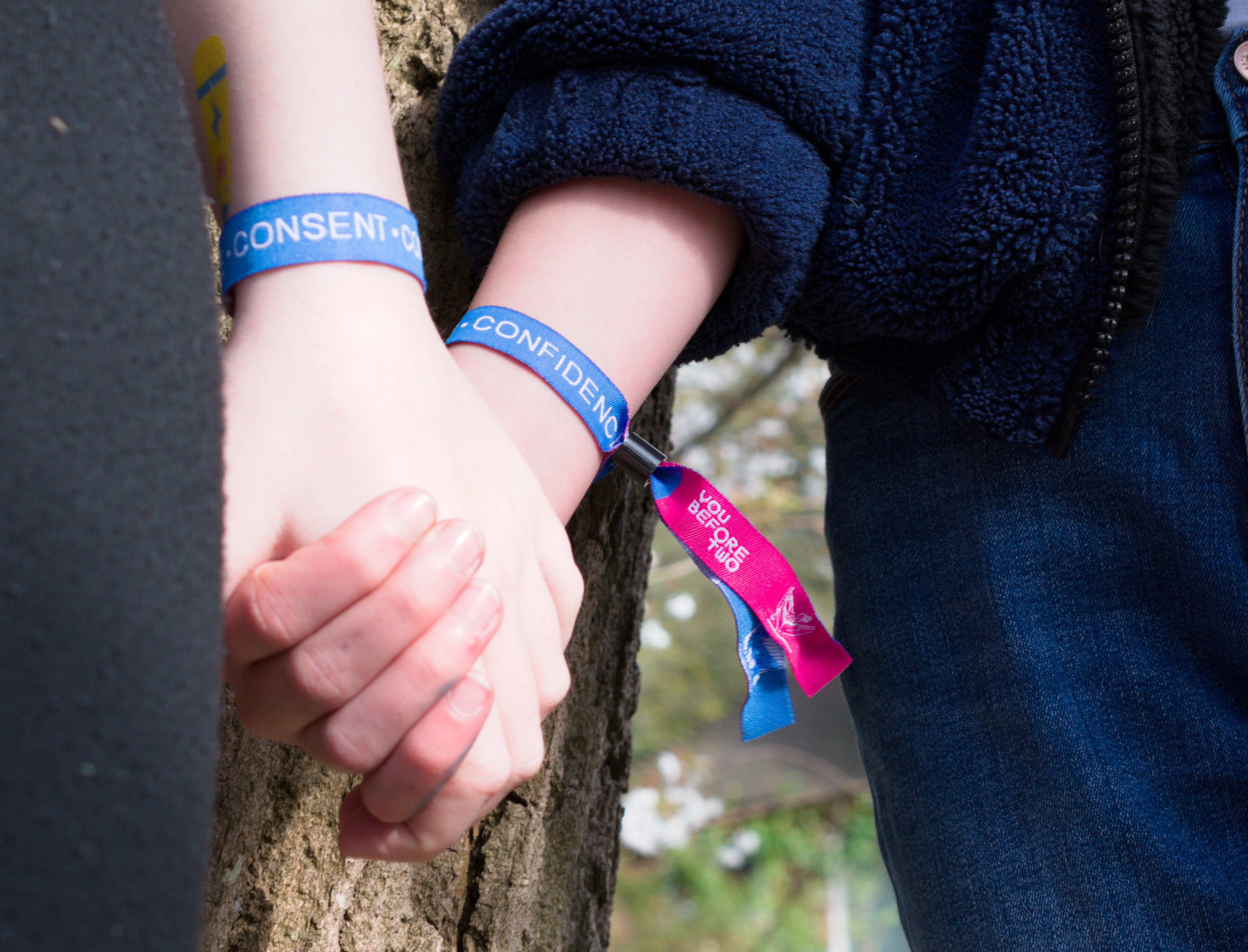
Our amazing Empower To Plan partners You Before Two have been hit hard by the pandemic. Will you help them continue their vital work to empower vulnerable teens in Nottinghamshire with the knowledge and resources they need to prevent unwanted pregnancies and engage in healthy relationships?

